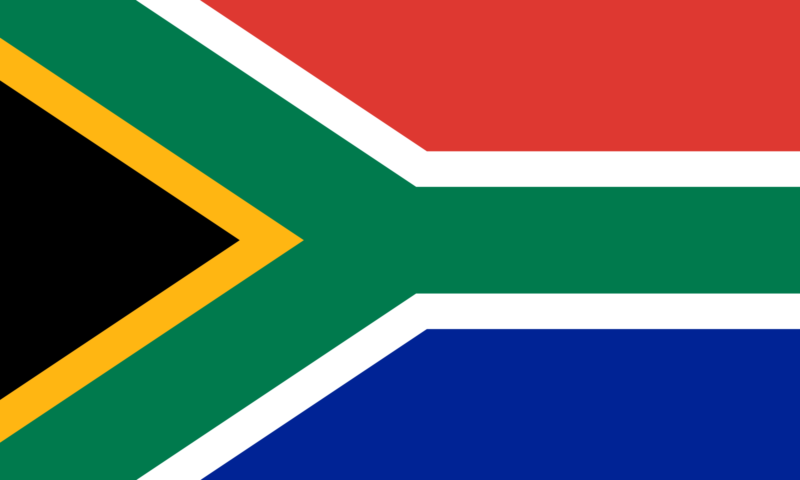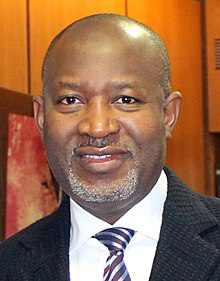#ENDSARS: Air patrols, gunshots in Kubwa as hoodlums invade NYSC Camp * Kuje, Gwagwalada too * Banks, offices closed
By Favour Nnabugwu
Over 100 armed hoodlums invaded the National Youth Service Corps NYSC Orientation Camp, Kubwa Abuja, looking for palliative warehouse
Since they not able to gain fill entrance to the camp because of the security at the camp they were seen carting away mattresses, utensils, electronics and other items.
The development came as Kuje town, headquarters of the Kuje Area Council in Abuja was also thrown into pandemonium as hoodlums, armed with sticks and knives blocked roads and patrolled the streets in search of any warehouse housing the COVID-19 palliatives.
They have been going about with sticks, having blocked the roads within the town. Shops are locking up while passers-by are running to safety, a Shoe Seller revealed
Elsewhere in Gwagwalada, hoodlums also broke into the premises of the zonal headquarters of the Federal Radio Corporation of Nigeria FRCN, beating up the security men on duty and carting away valuables including air conditioning units.
While the warehouse at the NYSC camp is said to be empty, the hoodlums attacked some residents of the camp as well as shops adjacent the camp.
They had blocked the road at about 9am, turning back motorists while the Kubwa village market was immediately shut by its managers to avoid any invasion.
While soldiers and a detachment of the Nigerian Police struggled to ward off the invaders, the Nigerian Air Force and the Airwing of the Nigeria Police embarked on air patrol with helicopters hovering around the scene.
The ensuing confusion forced some parents and guardians to go and evacuate their wards from schools in the area even as banks and some offices in Kubwa hurriedly shut down operations.
Though the hoodlums were armed with jack- knives, sticks, matchetes and other dangerous weapons, some residents of the area were said to have earlier joined in the looting.
An eyewitness who declined to give his name said the hoodlums “carted away all removables such as cooking pots, ceiling fan, plasma TV, foodstuff, desktop computer, laptop in NYSC camp”.
According to him, some of the looted items were owned by private individuals residing at the NYSC camp.
“The hoodlums equally used the opportunity to loot computers, generators, textile materials in the shops directly opposite the NYSC entrance gate”, he stated.
Banks were seen attending to immediate customers while the shut their gate to any other customer for the day. They said they were to close for day after attending to customer who were already in the banks before the pendemonium started.
Securities at the bank premises have already mounted the gates of the banks in case of eventuality.
Other offices in Kubwa also had to lock up the day




